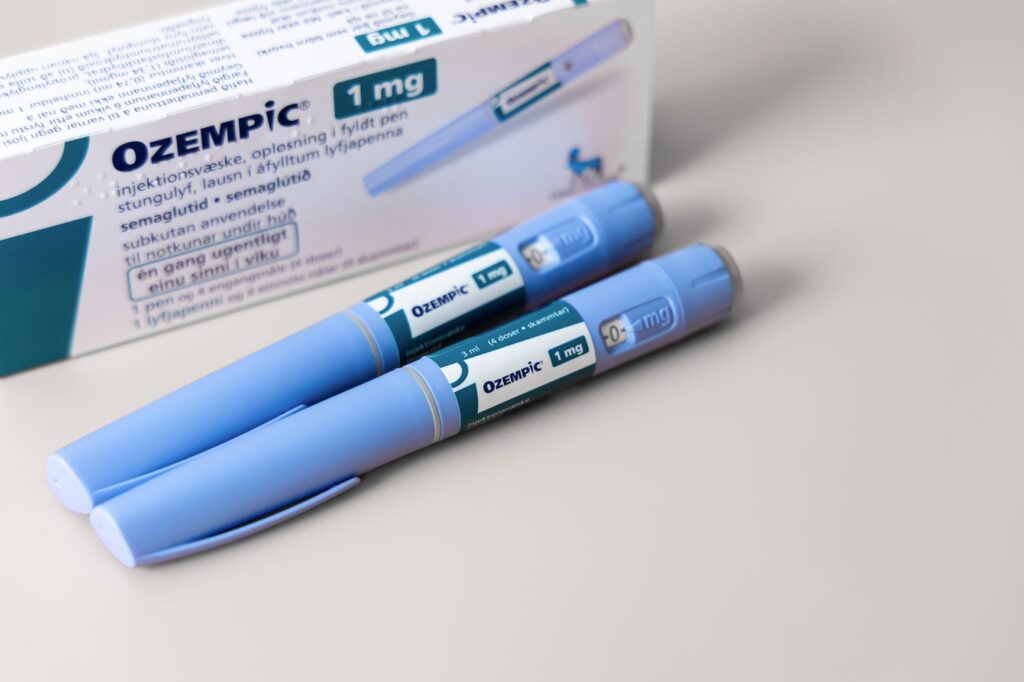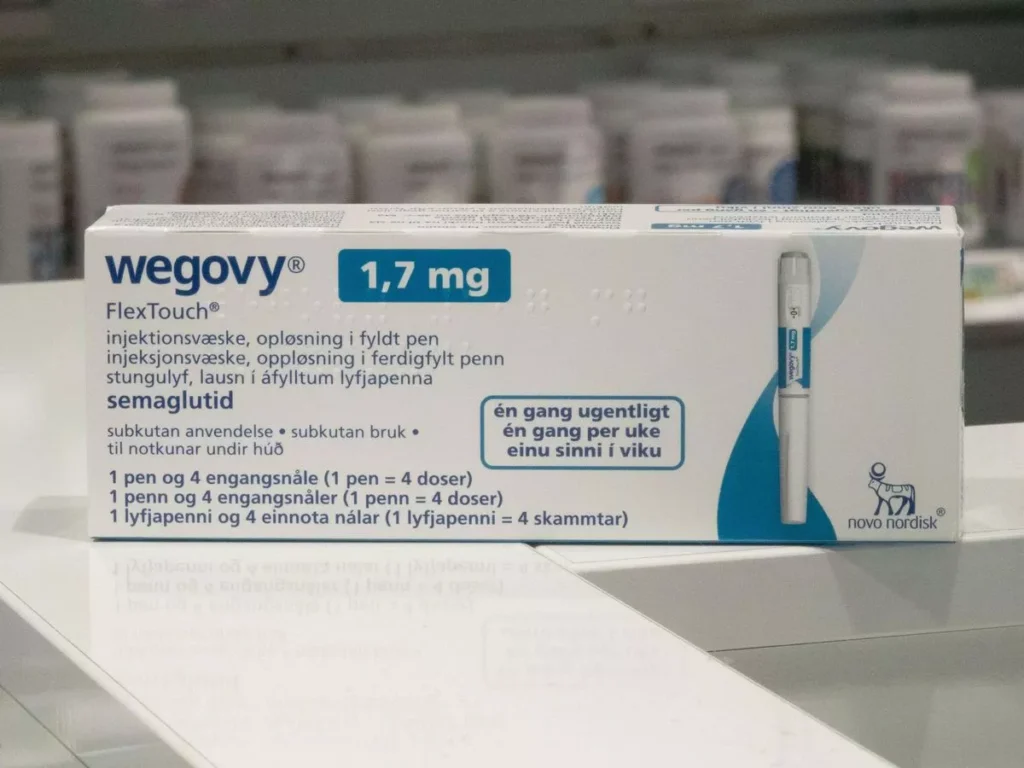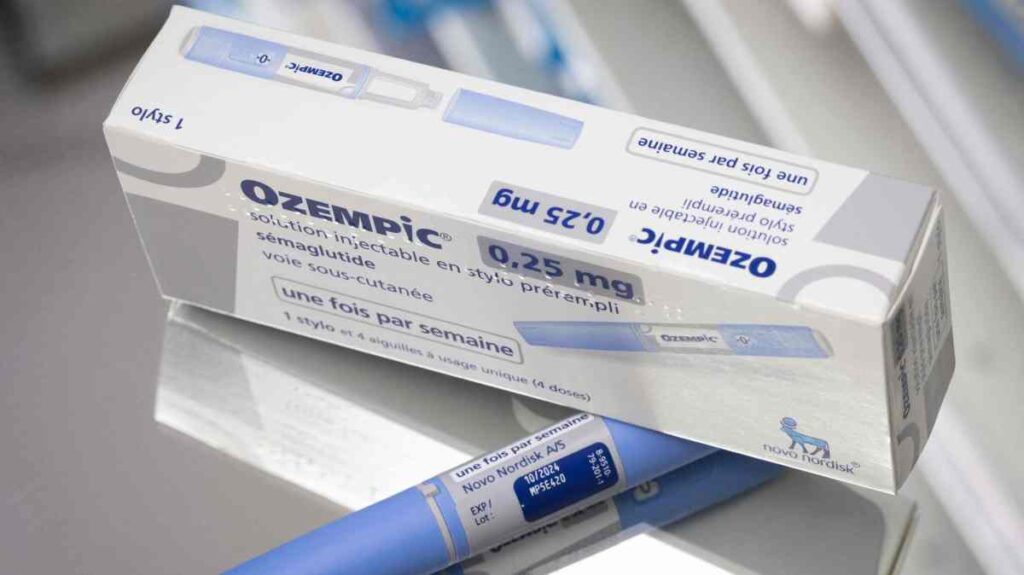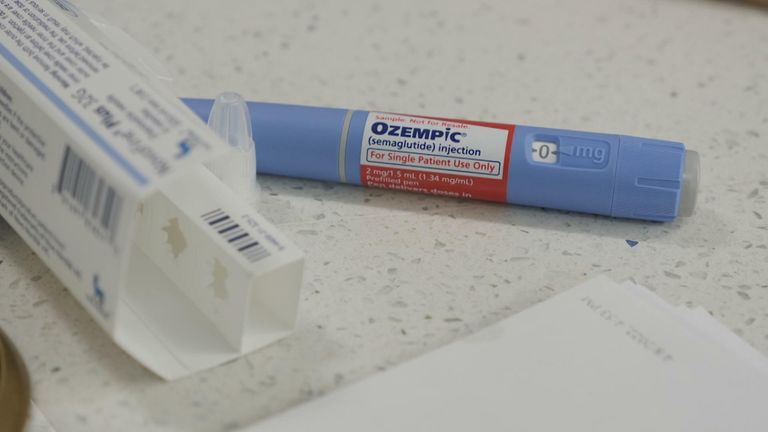In the UK, the National Health Service (NHS) typically doesn’t provide weight loss injections as a primary treatment for obesity. Instead, the NHS focuses on lifestyle interventions such as diet, exercise, and behavioral changes as the first-line approach to managing weight.
However, in certain cases where obesity poses significant health risks and lifestyle interventions have not been effective, healthcare providers may consider other options, including medications or, in rare cases, weight loss surgery. These decisions are usually made on a case-by-case basis and require thorough assessment and discussion between the patient and their healthcare team.
It’s important to consult with a healthcare professional for personalized advice and guidance regarding weight management options that are appropriate for your individual circumstances.
Types of weight loss injections available through the NHS

The main weight loss injection provided by the NHS is Saxenda, which contains liraglutide, a medication that works to reduce appetite and promote weight loss.
Injectable medications approved by the NHS for weight loss
Orlistat
Orlistat is a medication that works by preventing the absorption of fat in the digestive system. It reduces the amount of fat that is absorbed from your diet and can help you lose weight when used in conjunction with a reduced-calorie diet.
Liraglutide (Saxenda)
Liraglutide is a medication originally developed to treat type 2 diabetes but has also been found to aid in weight loss. It works by mimicking the action of a hormone called GLP-1, which helps regulate appetite and food intake.
Naltrexone/bupropion (Contrave)
This combination medication works on the brain’s appetite control centers to reduce hunger and increase feelings of fullness.
It is prescribed for individuals with a BMI of 30 or above, or those with a BMI of 27 or above who also have weight-related health conditions.
How they work to aid weight loss
- Orlistat: By blocking the absorption of dietary fats, Orlistat reduces the number of calories your body absorbs from food, leading to weight loss.
- Liraglutide (Saxenda): Liraglutide helps control appetite and food intake by acting on receptors in the brain, leading to reduced calorie intake and weight loss.
- Naltrexone/bupropion (Contrave): This medication combination works on neurotransmitters in the brain to reduce cravings and increase feelings of fullness, helping individuals consume fewer calories and lose weight.
Criteria for eligibility for weight loss injections through the NHS
The NHS typically considers individuals with a BMI (Body Mass Index) of 30 or above eligible for weight loss injections. In some cases, individuals with a BMI of 27 or above may also be considered if they have weight-related health conditions such as type 2 diabetes or high blood pressure.
Besides BMI, other health conditions such as type 2 diabetes, high blood pressure, or obstructive sleep apnea may influence eligibility for weight loss injections through the NHS.
Additionally, eligibility criteria may vary depending on individual health circumstances and clinical judgment.
How Effective Are Weight Loss Injections Approved by the NHS?

Weight loss injections approved by the NHS (National Health Service) are typically reserved for individuals who are severely obese and have not been able to lose weight through other means such as diet and exercise. One such injection is Saxenda (liraglutide), which is a medication that mimics a hormone called GLP-1 (glucagon-like peptide-1) that regulates appetite.
The effectiveness of weight loss injections can vary from person to person. Clinical trials have shown that Saxenda can help people lose weight when used alongside a reduced-calorie diet and increased physical activity. However, the amount of weight lost varies, and not everyone will respond to the medication in the same way.
It’s important to note that weight loss injections are not a magic solution and are typically recommended as part of a comprehensive weight loss program that includes lifestyle changes. Additionally, these injections may have side effects and are not suitable for everyone.
Before considering weight loss injections, it’s essential to consult with a healthcare provider who can assess your individual situation and determine the most appropriate treatment plan for you. They can provide guidance on the potential benefits and risks of weight loss injections and help you make an informed decision about whether they are the right option for you.
How Do You Obtain Weight Loss Injections Through the NHS?

Obtaining weight loss injections through the NHS typically involves several steps:
- Talk to Your Doctor: Start by talking to your doctor about your weight. They’ll decide if you need special injections to help you lose weight.
- Check if You Qualify: Doctors use BMI to see if you qualify. If your BMI is high and you have health problems like diabetes, you might qualify.
- Learn About the Injections: If you need the injections, your doctor will explain how they work and what they can do for you.
- Get the Injections: If you and your doctor think the injections are a good idea, your doctor will give you a prescription and explain how to use them.
- Get Support: Your doctor will help you with advice on eating healthy and exercising. They’ll also be there to answer any questions and make sure everything is going okay.
FAQ’s
Do UK doctors prescribe Ozempic?
Yes, UK doctors can prescribe Ozempic for eligible patients.
Who is eligible for Ozempic in the UK?
Eligibility is typically for people with type 2 diabetes who haven’t responded well to other treatments.
What happens after 6 weeks of Ozempic?
By then, some people start noticing weight loss and better blood sugar control.
How many kilograms can I lose with Ozempic?
It varies, but clinical trials have shown weight loss ranging from 5% to 15% of body weight.
Final Words
Weight loss shots from the NHS can help people who struggle with being very overweight. These shots, like Orlistat and Saxenda, help control appetite or stop the body from absorbing too much fat. To get these shots, you usually need to have a high BMI or other health problems. The cost and how much the NHS helps with it can change, but they can be helpful when doctors give them and watch how you’re doing. So, they can be part of a plan to get healthier by eating better and moving more.



